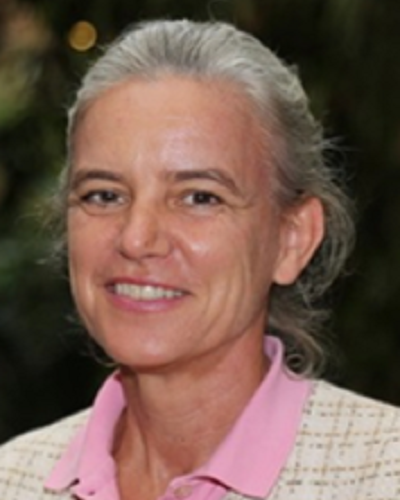
What are your thoughts on the importance of a sound circular bioeconomy strategy at government level in relation to climate change?
In order to limit the average global warming to 1.5˚C, we need to halve emissions by 2030 and reach zero net emissions by 2050. This requires an urgent move to a circular economy based on sustainable production and consumption patterns and on a more efficient and effective use of our natural resources. This is what a sound circular bioeconomy is all about. Currently agriculture, forestry and other types of land use account for almost a quarter of human greenhouse gas emissions globally. At the same time natural land processes absorb carbon dioxide equivalent to almost a third of the emissions from fossil fuels and industry. So the way in which we manage our natural resources is absolutely critical in relation to climate change. A national circular bioeconomy strategy can help define pathways towards more sustainable and efficient uses of natural resources and the harnessing of nature-based solutions to climate change.
Do you see the circular bioeconomy as having an important role in the post COVID-19 world?
Absolutely. We currently stand at a crossroads where the traditional development pathways are being questioned and ideas abound on how to “build back better” in the aftermaths of COVID-19 and the economic recession that is upon us. This is a great opportunity to promote innovative solutions that jointly tackle the three main crises that we are facing: the climate crisis, the biodiversity loss and the economic crisis. The development and implementation of sustainable, circular bioeconomy strategies is one such solution.
FAO has recently developed a comprehensive and holistic COVID-19 Response and Recovery Programme designed to proactively and sustainably address the socio-economic impacts of the pandemic, while at the same time tackling climate change; addressing the issue of biodiversity loss and strengthening the long-term resilience of communities and agriculture and food systems. The key areas of action identified are fully aligned with the principles underlying a circular bioeconomy.
The World Bioeconomy Forum has a diverse range of high-level speakers and panelists, what are you hoping to achieve by taking part in the event, and what are your hopes for the future of the circular bioeconomy?
This will be the first time I participate in the World Bioeconomy Forum, so I hope to learn a lot by listening to the presentations and opinions by the impressive list of high-level speakers.
I’m also convinced that FAO has a key role to play in sharing information and knowledge on the practical application of the bioeconomy given that the Global Forum for Food and Agriculture held in Berlin 2015, tasked FAO with coordinating the international work on the bioeconomy going forward.
My hopes for the circular bioeconomy are that we have reached a tipping point where there is enough awareness and support to transform our current national and global economies into sustainable, circular bioeconomies and that this will make a significant contribution to the achievement of the 17 SDGs and to “building back better” in response to COVID-19 and the economic recession following in its wake.
Regulators and Climate Change session will also include keynote addresses from other prominent bioeconomy stakeholders, like: Mariya Gabriel (Commissioner for Innovation, Research, Culture, Education, European Commission), Jari Leppä (Minister of Agriculture and Forestry, Finnish Government), Petteri Taalas (Secretary Gen-eral, World Meteorological Organization), Andrea Noske (Head of Division “Sustainable Economy; Bio-Economy”, Federal Ministry of Education and Research, Ger-many). The moderator of the session will be Christian Patermann, “Father” of European bioeconomy and former Director EU Commission and Advisor to the German Government on bioeconomy matters.
Five Minutes With… is a series of interviews being run by the WCBEF to highlight some of the high-level speakers and panellists taking part in the event this year. To view the whole full day programme and register for the event please visit https://wcbef.com.80-69-172-163.hostaan.fi/